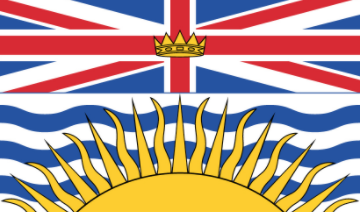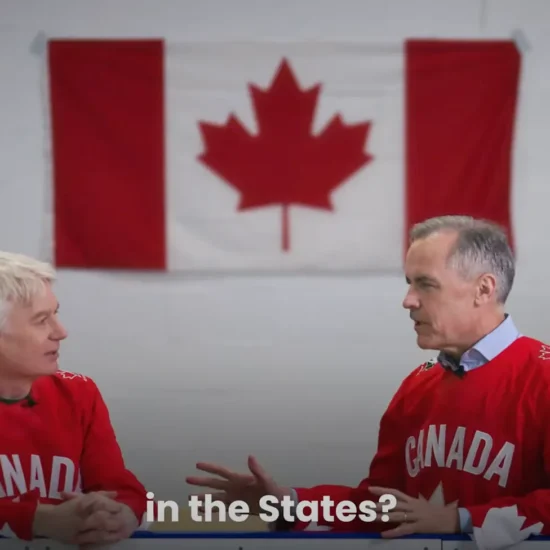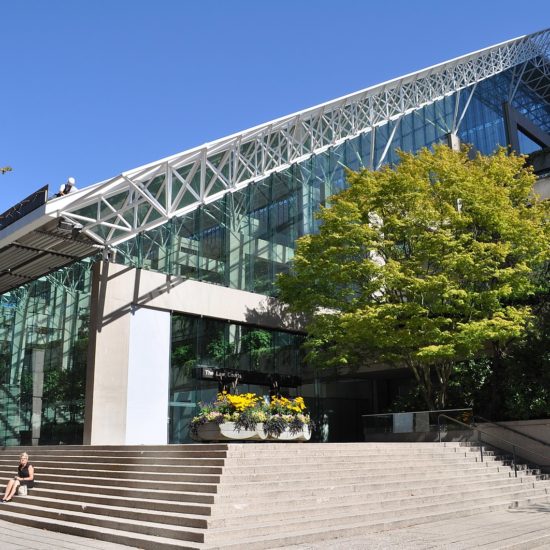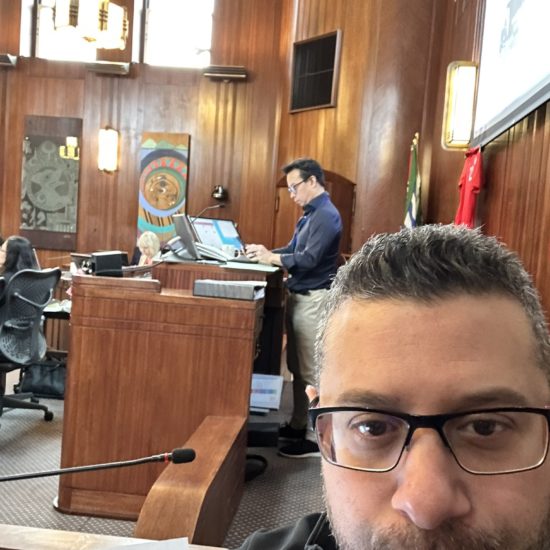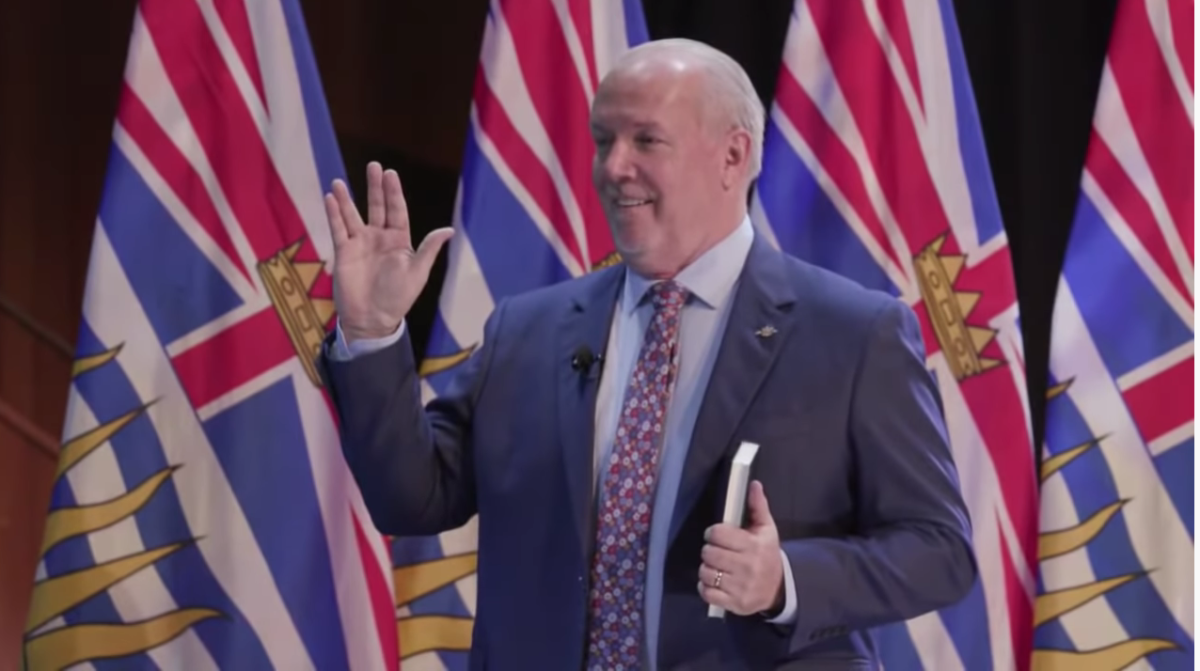
Bob Mackin
A judge should find Premier John Horgan and Lt-Gov. Janet Austin broke B.C.’s fixed election date law when Horgan called a snap election in 2020, according to a lawyer for Democracy Watch and the founder of Integrity BC.

John Horgan on election night (BC NDP/Flickr)
Emily MacKinnon, appearing before Justice Geoffrey Gomery, said May 12 in B.C. Supreme Court that the Sept. 21, 2020 dissolution of the Legislature contravened the Constitution Act’s fixed election date clause. The election should have been Oct. 16, 2021, but it happened 51 weeks early on Oct. 24, 2020. Horgan took advantage of a perceived lull between the first and second waves of the coronavirus pandemic for the snap election and won a 57-seat NDP majority.
“While it leaves some room for elections to occur outside of that fixed schedule, it does not permit a snap election call while the government holds the confidence of the House and in the midst of a provincial state of emergency and a global pandemic,” MacKinnon said.
Austin agreed to Horgan’s request for the early election election, without recalling the Legislature for a confidence vote.
After Gordon Campbell led the BC Liberals to victory in the 2001 election, the law was amended for elections to be held on fixed dates every four years beginning May 17, 2005. Elections were previously required once every five years.
“The purpose of the amendment was to prevent premiers from using the timing of elections to gain political advantage, that’s because if premiers could time elections when their opponents were at their weakest, then they would gain political advantage from that scheduling,” MacKinnon said.
The NDP came to power with the support of the Green Party in July 2017, after their May 2017 confidence and supply agreement that was supposed to last four years or until the next fixed election. The NDP amended the Constitution Act to move provincial elections from May to the third Saturday of October beginning in 2021.
The petition was filed by Democracy Watch’s Duff Conacher and Integrity BC’s Wayne Crookes the day before the election. The government had initially sought a hearing to ask a judge to quash the petition, but the government relented and agreed to a hearing on its merits.
Even if successful, the petition would not change the results of the 2020 election.
At the time Horgan called the election, vaccines and antiviral treatment did not yet exist. Had the election occurred on the fixed date, MacKinnon argued, everyone in B.C. would have had access to vaccines.
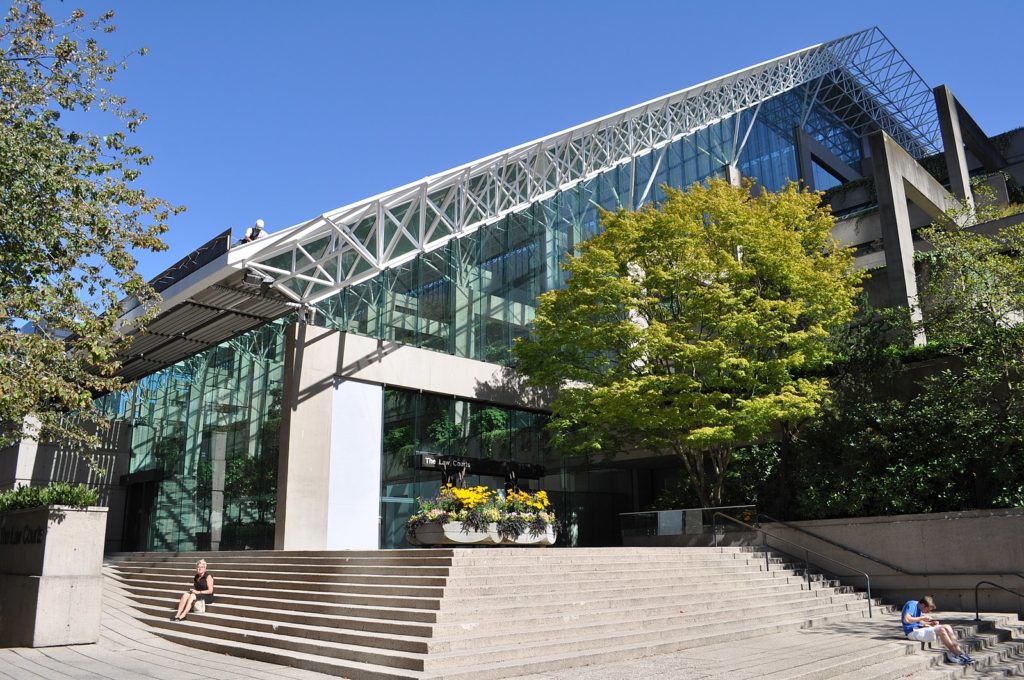
Law Courts Vancouver (Joe Mabel)
“To deal with holding an election during a pandemic, 16 emergency orders had to be issued, modified election procedures to accommodate the holding of an election during these extraordinary circumstances,” MacKinnon said.
The 2020 election cost $51.6 million, the most-expensive run by Elections BC. The 53.9% turnout rate was a record low, worse than 2009’s 55.14%, as 1.9 million voted by mail or in-person.
MacKinnon emphasized her clients are not asking the court to rule whether the election call was a positive political move, just that it breached the law, which, she said, “was aimed directly at removing from the premier the ability to time an election for political reasons. And I say that without implication whether political reasons are good or bad. The purpose of the of the statute is to prevent the timing of an election for them.”
The hearing is scheduled for two days at the Law Courts in Vancouver.
Last August, Prime Minister Justin Trudeau tried the same pandemic gamble as Horgan, but fell short of winning a Liberal majority in the Sept. 20, 2021 election, which cost a record $612 million. The election had been scheduled for 2023. Democracy Watch and Crookes are also seeking a federal judge’s declaration that Trudeau broke the federal fixed election date law.
Support theBreaker.news for as low as $2 a month on Patreon. Find out how. Click here.







